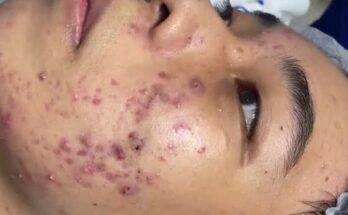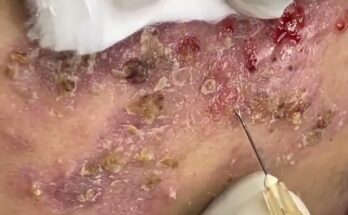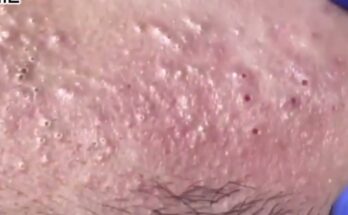Basal cell carcinoma (BCC) is the most common type of skin cancer, often caused by prolonged sun exposure. When it develops on the top of the hand—a frequently sun-exposed area—it requires prompt treatment due to the thin skin and limited tissue in that region. The primary treatment is surgical removal, aiming to excise the tumor completely while preserving hand function and appearance.
The procedure typically begins with local anesthesia. A dermatologist or surgeon then carefully removes the cancerous tissue, often using a technique called Mohs surgery. This method allows precise layer-by-layer removal, ensuring all cancer cells are excised while sparing as much healthy tissue as possible. Once the tumor is fully removed, the wound may be closed with sutures, or in some cases, a skin graft or flap may be needed, depending on the size and depth of the lesion.
Postoperative care involves wound protection, avoiding sun exposure, and monitoring for signs of infection. Healing can take several weeks, and scar formation is common. Patients must continue regular skin checks, as a history of BCC increases the risk of recurrence. Early detection and treatment are crucial for optimal outcomes and minimal cosmetic impact.


